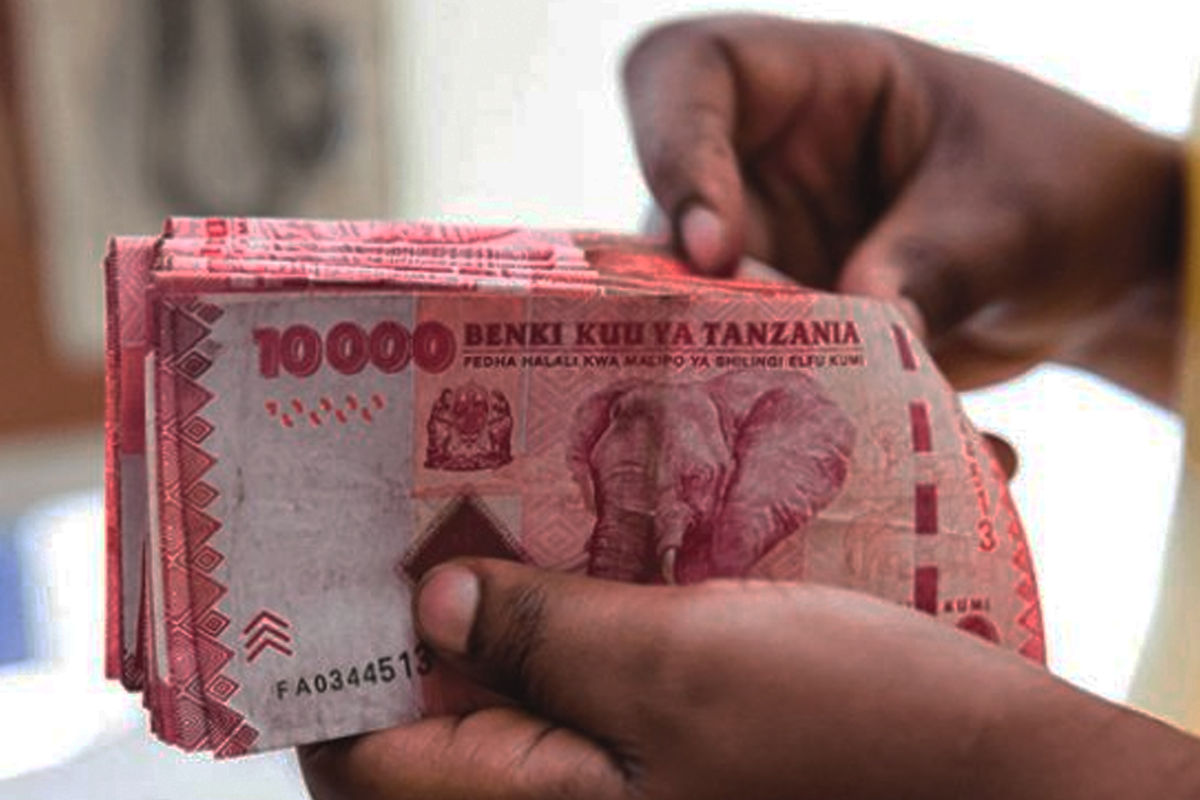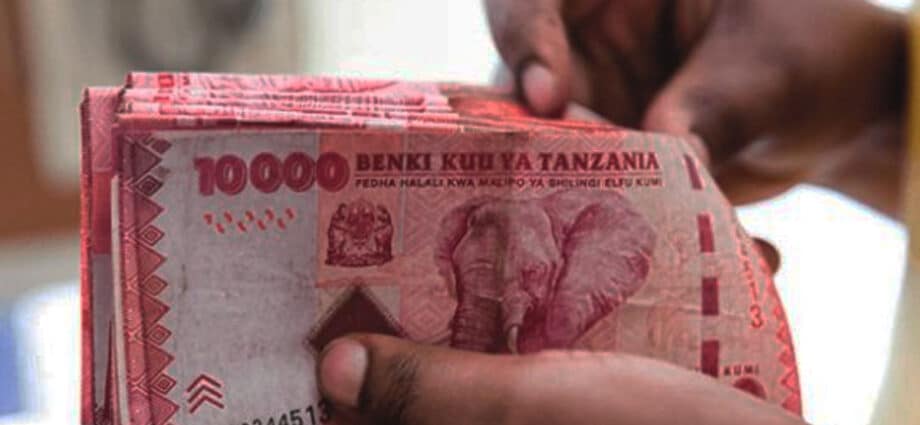
Dar es Salaam. The Sh10,000 banknote has emerged as the most widely used currency denomination in Tanzania, accounting for over 85 percent of all cash circulating outside the banking system, a recent Bank of Tanzania (BoT) report reveals.
According to the BoT, more than Sh7.1 trillion in Sh10,000 notes is in circulation for day-to-day transactions across the country. In comparison, Sh5,000 notes make up Sh674 billion, Sh2,000 notes Sh279 billion, Sh1,000 notes Sh199 billion, and Sh500 notes only Sh60 billion.
Coins are even less prevalent, with Sh200 coins in circulation valued at Sh50 billion, Sh100 coins at Sh34 billion, and Sh50 coins at Sh16 billion.
Experts attribute the dominance of the Sh10,000 note to several factors including seasonal agricultural income, the cost of living, and Tanzania’s predominantly cash-based economy.
BoT Governor Emmanuel Tutuba noted that following the harvest season, particularly between August and September, farmers often receive large sums of cash when selling produce such as maize and rice. In such cases, the Sh10,000 note is preferred for ease of handling.
“After selling crops worth Sh100,000, it is more convenient for a farmer to receive 10 notes of Sh10,000 than a large bundle of smaller denominations,” Mr Tutuba said.
He added that during the planting season, from January to April, smaller denominations are more common as people tend to purchase low-value items like tomatoes or onions.
Economist Oscar Mkude echoed these sentiments, highlighting that Tanzania’s reliance on cash transactions makes higher-value notes more practical.
“In a country where digital payment adoption is still growing, cash remains king. For a payment of Sh1 million, it is far more manageable to use 100 notes of Sh10,000 rather than 1,000 notes of Sh1,000,” he said.
Mr Mkude pointed out that in many European countries, high-denomination notes such as the €500 are rarely used due to the widespread adoption of cards and digital payments—unlike in Tanzania, where cash remains the preferred mode of payment.
He clarified that the dominance of the Sh10,000 note is not driven by inflation, but by convenience and prevailing transaction patterns.














